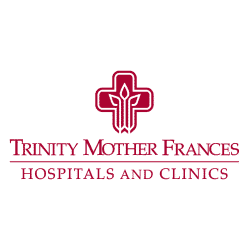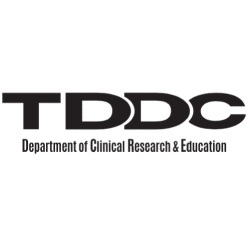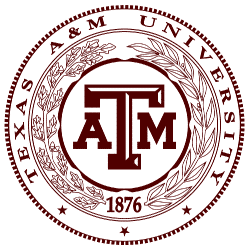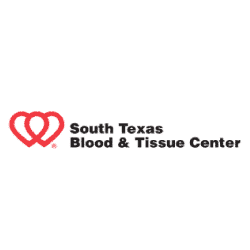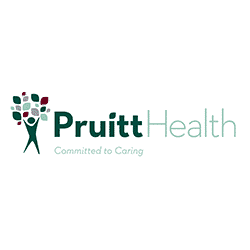Compliance Made Easy: A Guide for Retail Pharmacy Waste Management
Pharmacies deal with various types of waste, from sharps to expired medications. So, retail pharmacies have the critical responsibility of ensuring pharmacy waste compliance.
Following the rules and regulations set by governing bodies, such as the Drug Enforcement Administration (DEA), the Environmental Protection Agency (EPA), and the Occupational Safety and Health Administration (OSHA), is the key to managing this waste safely and effectively.
This guide will provide you with an easy-to-follow roadmap to meet compliance standards. In this way, you can safely dispose of sharps, biohazardous materials, and pharmaceutical waste, all while protecting your staff, patients, and the environment.
Understand the Regulations
Multiple federal and state regulations govern retail pharmacies. The DEA regulations are among the most important when it comes to pharmaceutical waste disposal. These rules focus on the safe disposal of expired or unused controlled substances.
The EPA also plays a significant role in regulating hazardous waste. Meanwhile, the OSHA focuses on workplace safety standards related to medical waste.
Here’s a breakdown of the key regulations your pharmacy must adhere to:
- DEA regulations: The DEA requires pharmacies to dispose of controlled substances, such as prescription medications, safely and securely. This includes using authorized disposal programs and documenting all transactions.
- EPA standards: The EPA oversees the disposal of hazardous waste. It includes ensuring pharmaceutical waste does not pollute the environment or contaminate water sources.
- OSHA standards: The OSHA’s role is to protect healthcare workers from hazardous materials, including sharps and biohazardous waste. These regulations mandate the proper storage, handling, and disposal of waste to prevent injury and contamination.
Dispose of Sharps and Biohazardous Waste Properly
Sharps and biohazardous materials are among the most dangerous types of waste in retail pharmacies. Sharps, including needles, syringes, and scalpels, can cause injuries that expose staff to blood-borne pathogens. Biohazardous waste, such as blood-soaked bandages or gloves, poses infection risks. Both types of waste require careful handling and disposal to prevent harm.
Here are some best practices for managing sharps and biohazardous waste:
- Sharps disposal:
- Always dispose of sharps in puncture-resistant, leak-proof containers. These should be easily accessible in areas where sharps are used.
- Do not overfill containers. Then, seal them once they are full and arrange for prompt disposal.
- Biohazardous waste:
- Place any waste contaminated with blood or bodily fluids in biohazardous waste bags that are clearly marked with the appropriate symbol.
- Store these waste containers in a secure location until they are ready to be disposed of according to the EPA and the OSHA guidelines.
Safely Dispose of Pharmaceutical Waste
Pharmacies frequently handle pharmaceutical waste, whether it’s expired medications, unused prescriptions, or controlled substances. Pharmaceutical waste compliance is essential to prevent drug misuse and environmental contamination.
Here’s how to properly dispose of pharmaceutical waste:
- Use approved disposal programs: For controlled substances, ensure that your pharmacy uses a DEA-approved take-back program or incineration method. These programs provide a secure way to dispose of prescription medications.
- Separate hazardous and non-hazardous waste: Pharmaceuticals must be segregated based on classification. Controlled substances need to be handled and documented differently from over-the-counter medications.
- Keep detailed records: Maintain accurate documentation of all pharmaceutical waste disposal activities, including dates, types of waste, and disposal methods. These records are essential to comply with DEA regulations.
For more information on the proper disposal of pharmaceutical waste, visit Medsharps.
Train Your Staff on Waste Disposal Compliance
Training your staff is one of the most effective ways to guarantee pharmacy waste compliance. Well-educated personnel ensure everyone follows the required procedures to manage waste safely and in line with regulations.
Here’s how to effectively train your staff:
- Provide regular training: Offer periodic training sessions on waste segregation, proper disposal methods, and regulatory updates. It helps staff stay informed about best practices and safety protocols.
- Promote a culture of safety: Encourage staff to report any potential compliance issues or accidents related to waste disposal. Prompt reporting helps avoid potential legal and safety risks.
- Ensure proper use of PPE: Ensure staff are equipped with and trained on using personal protective equipment (PPE) when handling hazardous materials.
Partner with a Trusted Waste Disposal Provider
Partner with a trusted medical waste disposal provider to ensure full compliance with healthcare waste regulations. A certified provider understands the complexities of pharmaceutical waste disposal and ensures that your pharmacy stays in line with all DEA regulations, EPA guidelines, and OSHA standards.
Here’s why a reliable provider is essential:
- Regulatory expertise: A certified provider ensures waste disposal complies with the latest regulations.
- Secure and timely pickups: Partnering with a provider that offers scheduled pickups helps prevent waste from accumulating and ensures timely disposal.
- Emergency response services: In case of a spill or an accident, a trusted provider will offer emergency response services to mitigate risks and keep your pharmacy compliant.
.Pharmacy waste compliance ensures safety, regulatory adherence, and environmental protection. By following proper disposal practices for sharps, biohazardous materials, and pharmaceutical waste, you can protect your staff, patients, and the environment. For more information on compliant waste disposal, contact Medsharps.


